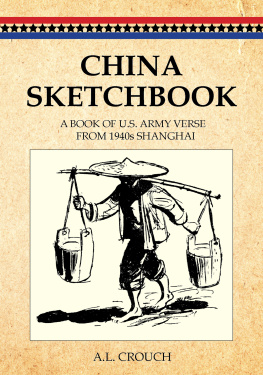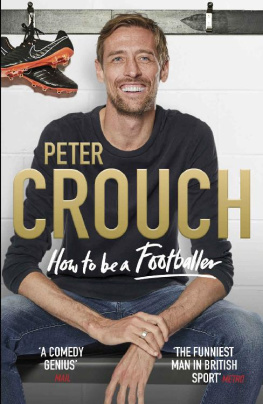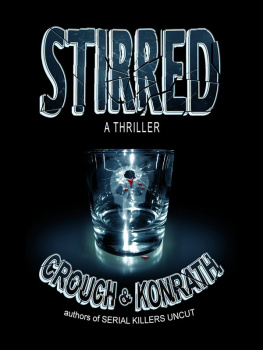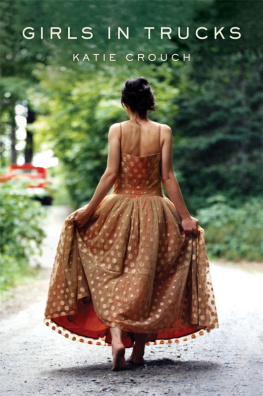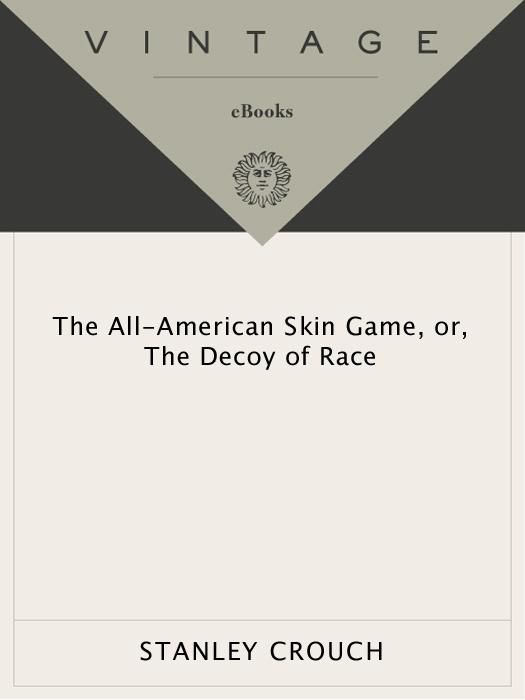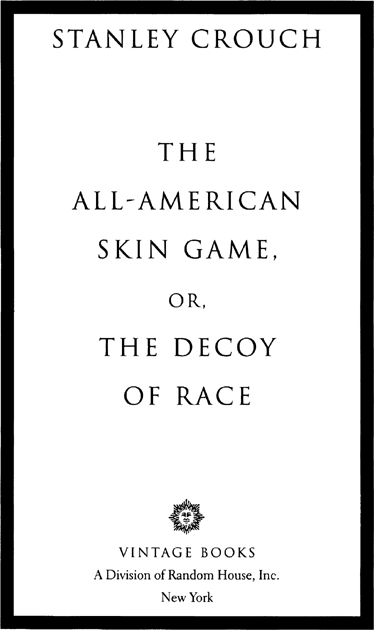Acclaim for STANLEY CROUCHS
THE ALL-AMERICAN SKIN GAME,
OR ,
THE DECOY OF RACE
You come away from The All-American Skin Game fired with new enthusiasms. Crouch challenges your assumptions and arouses your curiosity. And that is what a good cultural critic is for.
The New York Times
The rewards [of reading The All-American Skin Game] come from the authors uncommon mind and characterhis search for unexpected connections, his courage to tell the truth, his disregard for conventional wisdom.
Newsday
Devastatingly, frighteningly lucid. This book is an example of Crouch at his best. One inevitably feels the constant, clear voice of a truth-teller and the full and deadly blow of a true intellectual warrior. As innovative as jazz, as complex as a fugue, little that Crouch writes can be ignored.
Kirkus Reviews
Also by
STANLEY CROUCH
Notes of
a Hanging Judge
STANLEY CROUCH
THE ALL-AMERICAN SKIN GAME,
OR,
THE DECOY OF RACE
The All-American Skin Game was nominated for a 1995 National Book Critics Circle Award. Stanley Crouch is a contributing editor to The New Republic, a Sunday columnist for The New York Daily News, and a frequent panelist on The Charlie Rose Show. He was for years a jazz critic and staff writer for The Village Voice and is Artistic Consultant to Jazz at Lincoln Center.

TO THE ONE
This, my second book of essays, is dedicated to my mother, Emma Bea Crouch, who died a few years ago on Bloomsday, symbolizing for me the essential role she had played in my development as a writer. She taught me the alphabet and taught me to spell before my first day of school. I was told by her the basic truth of books, which is that you can travel all over the world from inside a library, page upon page. She always cut out editorials for me to read or pointed out pieces on science and history that she came across in newspapers and magazines. My mother also introduced me to jazz and told me stories about the elegant wonder of Duke Ellington, whom she and her schoolmates met at the Los Angeles train station, where they were awed by his deportment and the gleam of his alligator shoes. Her tales of the way young Negroes of her generation dressed and danced, of the cars they drove and the dreams they had, were introductions to a homemade aristocracy that she, a domestic worker quite proud of the quality of her work, embodied from hoot to toot. Perhaps her most important instruction was that I should always go in my own direction and make sure I never jumped off a cliff just because everybody else did. Had I always followed her instruction, Im sure I would have gotten where I am now much more quickly. Thanks for your part in the victories, Mom, the losses were all mine.

CONTENTS

INTRODUCTION: BLUES TO YOU, PART II
I see our American problems as very different from being too low on water and doomed on foot within the borders of an enormous desertsweating, frustrated, able to do no more than shriek or croak at a sun that will never hear us. We Americans, no matter our superficial distinctions, are always in the middle of a dialogue, an eternaland inevitabledemocratic discourse. We have the chance to say what we want. We are able to find outif were willing to take punches as well as throw themthat our arms arent at all too short to box with the jaggedly assembled gods of received ideas, of clichs, of folly, corruption, and mediocrity. Some think that very special freedom isnt important because those with whom they disagree have possession over the electronic judgment day of the mass media. This, according to them, diminishes the facts of democracy to a contemptible farce of eroded claims.
As this collection makes clear, I see it all another way. The ideas and assessments brought together here add up to the vision of a radical pragmatist. I affirm whatever I think has the best chance of working, of being both inspirational and unsentimental, of resonating across the categories of false division and beyond the decoy of race. That is: I dont care who conceives a better strategy for dealing with the polluting cynicism of mass market rebellion in our popular culture, with public education, with improving the quality of our competition in the world arena, with crime, and with the central issue of our time, which is maintaining democratic morale. It doesnt matter to me if the cow comes from the left, the middle, or the right side of the pasture; Im concerned with whether or not the milk is sour.
This collection is about more than affirmation, however. I also take the time to woof, play the dozens, snap, pull the covers off. I call out those ideas that cause us to waste a lot of time. I mean those arguments provided by the counterfeit firefighters who sell us sieves when we should face our dragon blazes by designing better buckets, stronger hoses, and making sure the water from the hydrants gushes out with appropriate force. Sometimes the problem isnt a fire; its the cleansing for which we need smaller hoses that wont knock us down but will do the job of washing off the muck we rise out of, head first.
My intellectual apprenticeship of hard knocks and illumination didnt come out of nowhere. Albert Murray and the late Ralph Ellison are the two figures who, as far as Im concerned, brought it all back home. They pulled in all of the highest intellectual aspirations and achievements from the world over, then combined them with the democratic complexities so inherent to our nation, realizing in their separate work quite bold expressions of reflective insight and aesthetic creation. Both were born in the second decade of this century, Murray in 1916 and Ellison in 1914, Murray in Alabama, Ellison in Oklahoma, which, for me, made them the twin towers of a Southern and Southwestern one-two punch that flattened all of my former involvements with black nationalism and liberated me from the influence of LeRoi Jones, whose work I once copied as assiduously as Sonny Stitt did Charlie Parkers.
I have known Albert Murray for about twenty-five years and maintain an independent study with him that has had the largest single impact on my development. This great man is my mentor and far more my father than the fellow whose blood runs in my veins. Sorry, dad. Murray is a writer whose social essays, criticism, and aesthetic examinationThe Omni-Americans, The Hero and the Blues, South to A Very Old Place, and Stomping the Blueshave cold-cocked so many of the simple-minded positions on American life, American art, and the meaning of art itself. Murrays novelsTrain Whistle Guitar and The Spy Glass Treehave given us a very fresh sense of our Southern heritage, one that makes understandable so many of the things obscured by the vision of those writers who reduced the South to a torturous geography of booby traps and murder. I remember when I first read Murray in an anthology entitled


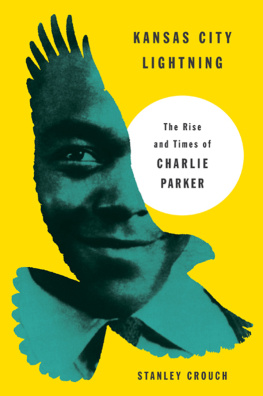
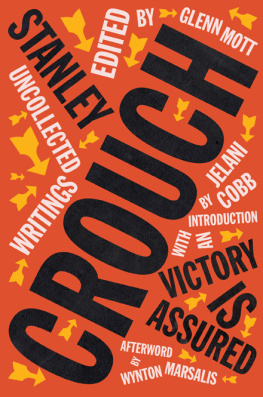
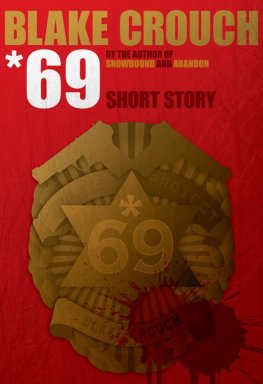
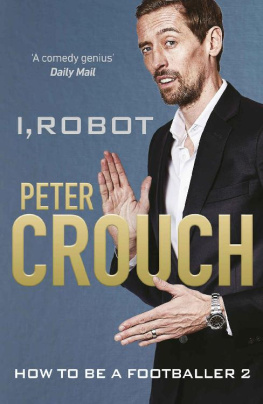
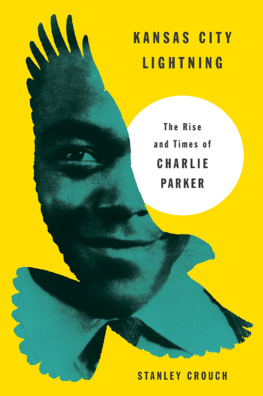
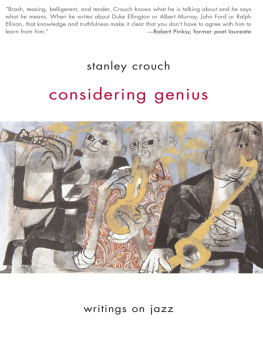
![Blake Crouch [Crouch - Summer Frost [Forward Collection]](/uploads/posts/book/140601/thumbs/blake-crouch-crouch-summer-frost-forward.jpg)
